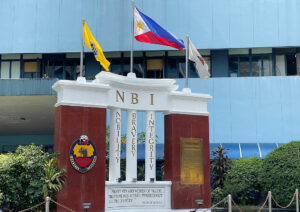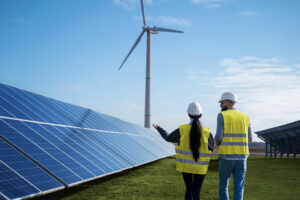PHL signs on to OECD clean-energy financing program

THE Department of Energy (DoE) said on Monday that it has agreed to sign on to a program organized by the Organisation for Economic Co-operation and Development (OECD) to attract clean-energy investment.
The OECD program, known as the Clean Energy Finance and Investment Mobilisation (CEFIM) Program, will help the Philippines “address the green financing challenge, as well as jumpstart the energy transition goals of the Philippine Energy Plan (PEP),” the DoE said in a statement after Energy Secretary Alfonso G. Cusi expressed his support for the initiative.
The CEFIM program is funded by the government of Denmark and helps partner countries in Asia and Latin America draft policies to attract funding for clean-energy projects.
“The program will provide an opportunity for the Philippines to highlight efforts and challenges in promoting renewables and energy efficiency deployment,” the DoE said.
Under CEFIM, the Philippines is expected to develop a Clean Energy Finance and Investment Roadmap that will advance the Philippine Energy Plan (PEP) by providing the government and private sector a clear action plan for financing and investing in clean energy sector.
The DoE, the Bangko Sentral ng Pilipinas, and the Securities and Exchange Commission will also develop a Clean Energy Finance and Investment database to track funding for energy-related assets, and a finance training program to improve banks’ confidence in financing such projects.
The program will also enable the Philippines to share knowledge with Indonesia, Vietnam, Thailand and other neighbors that are already part of the program.
“As the country moves towards a climate-safe future, initiatives encouraging ‘green’ investments and financing, such as the CEFIM Program, will now be a critical component of the PEP, as well as the government’s post-pandemic programs,” the DoE added.
CEFIM is the energy component of another OECD program on Sustainable Infrastructure for the Paris Agreement, a German-funded initiative which boosts investment in sustainable infrastructure.
In April, the Philippines committed to reduce its carbon emissions by 75% by 2030. — Marielle C. Lucenio




